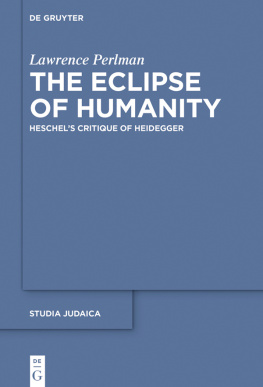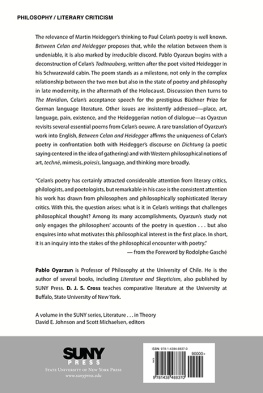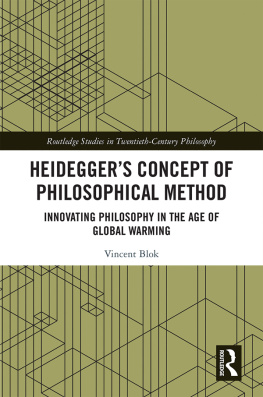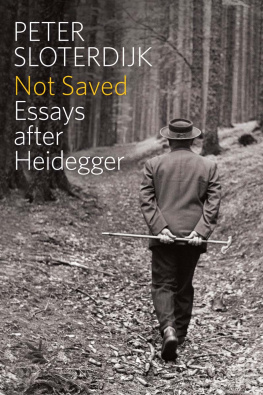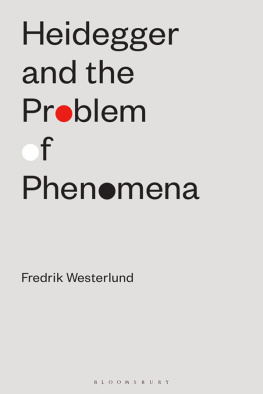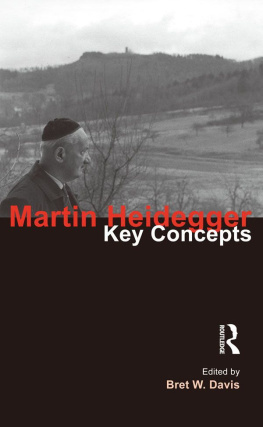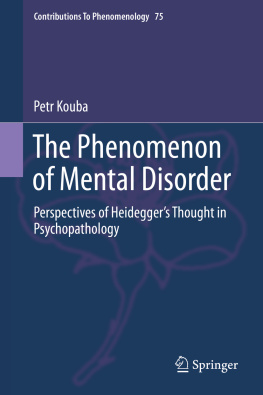Guide

Lawrence Perlman
The Eclipse of Humanity
Studia Judaica
Forschungen zur Wissenschaft des Judentums
Begrndet von
Ernst Ludwig Ehrlich
Herausgegeben von
Gnter Stemberger, Charlotte Fonrobert und Alexander Samely
Band 91

ISBN 978-3-11-044188-8
e-ISBN (PDF) 978-3-11-043544-3
e-ISBN (EPUB) 978-3-11-043418-7
ISSN 0585-5306
Library of Congress Cataloging-in-Publication Data
A CIP catalog record for this book has been applied for at the Library of Congress.
Bibliographic information published by the Deutsche Nationalbibliothek
The Deutsche Nationalbibliothek lists this publication in the Deutsche Nationalbibliografie; detailed bibliographic data are available on the Internet at http://dnb.dnb.de.
2016 Walter de Gruyter GmbH, Berlin/Boston
www.degruyter.com
In Memory of my Father
Philip Perlman
In Honor of my Mother
Lynn Perlman
In Memory of my In-Laws
Myer and Bess Pollock
Acknowledgments
There are several people who deserve thanks for their support.
My youngest daughter Hannah Perlman, a second-year law student who took time from her very busy schedule, was the first person to read the entire manuscript and made many grammatical and syntactical corrections. She was my first audience and helped me judge the cogency of the arguments.
Professor Emeritus Michael Ermarth of Dartmouth College read part of the manuscript and graciously welcomed me to his home to discuss the issues.
Paolo Gamberini, S.J., S.T.D., engaged in a dialogue with me in relation to some of the overarching philosophical methods and concerns of Heschel.
My friend and colleague Rabbi Elliot Gertel read the entire manuscript and made many observations and suggestions. His attention to detail made the manuscript better in every way.
Joyce Rappaport undertook the final editing and preparation of the manuscript for publication.
Sophie Wagenhofer and everyone involved at De Gruyter have my gratitude.
Most importantly I am grateful to my wife Barbara who has supported me in every way imaginable over the course of the four years it took to complete this book.
Introduction
This work serves two purposes.
In plain terms, this work is an analysis of Who Is Man? by Abraham Heschel.
From a more complicated perspective it is an analysis of postmodernism as it bears upon certain philosophical and theological positions that are important in the discussion of religion, Judaism, and historical events.
To accomplish this straightforward and more complex goal, many complicated issues need to be brought to bear on this slim volume to make it understandable in the context in which Who Is Man? was delivered. It has long been assumed that Heschel ignored the issue of the Holocaust, that he wrote poetry without attempting philosophical and theological argumentation, and that in doing so, he steered clear of serious philosophical ideas. Unfortunately, these assumptions have been perpetrated as much by those who claim to understand him, as by those who dismiss him as a philosophical lightweight.
In addition many postmodern attempts at understanding religion have adopted a privileged position of neutrality, claiming to surpass the understanding of those who study religion from inside any particular religion. The case of Heidegger and Heschel and their juxtaposition is seminal on this front.
This work disputes these assumptions and claims. To accomplish these goals it unearths the crisis of philosophy surrounding Heschel from the late 1920s until the appearance of Who Is Man? in the 1960s. It identifies an axis around which most of Who Is Man? revolvesthe thought of Martin Heidegger and the Holocaust. The centrality of Heideggers and Heschels different phenomenological outlooks, as they are applied to Dasein and Adam respectively, is emphasized. Lastly, it illustrates how profound Heschels critique of Heidegger and postmodernism is by extending Heschels ideas in contrast to several important postmodern followers of Heidegger.
So while the analysis provided is really about the slim little volume Who Is Man? , it is about so much more. It must come to terms with the intersection of Heideggerian deconstruction and the Holocaust, the history of being from Parmenides to Heidegger, and the image of man in that intellectual history and in the course of human events. Seemingly thrown together for a lecture series with some passages from his previous writings, Who Is Man? is a carefully conceived understanding of Heideggers thought, the Holocaust, and the history of philosophy.
The difficulty in understanding Heschels critique of these issues is not in finding them in Who Is Man? . They are there openly and clearly, even if they have been neglected. The difficulty is in showing the significance of this profound critique of postmodernism because Heschels midrashic method does not specify how these ideas are interwoven and tied together.
What begins as a simple exercise is much more than meets the eye. The seminal argument made here is that all of the previous readings of Heschel are uninformed, beside the point, and philosophically nave. According to the analysis undertaken here, Who Is Man? illustrates that the seminal point in Heschels thought is its critique of postmodernism.
The popularity of Heschels writings has clearly presented a double-edged sword. Measured in terms of dissemination, Heschels works are unprecedentedtheir accessibility for a Jewish author of the modern era is unsurpassed. Measured in terms of the discussion of ideas embedded in Heschels thought, we have hardly advanced beyond a cult of personality. Again, this is sadly due as much to his adherents and to his detractors.
In the constellation of these considerationsthe question of being, Martin Heidegger, the Holocaust, and the image of man Who Is Man? stands as the single-most important Jewish work to bridge the enlightenment and the appearance of postmodern thought. I believe it to be the single-most important Jewish book since the appearance of Maimonides Guide of the Perplexed . Given the intersection of its ideas and the upheaval of history, I believe Who is Man? to be even more significant.
The method employed here will be the same as was used in my first study on Heschel and revelation. ity for, 1), they are essential understandings of the historical moment in which each thinker finds himself, and 2), they are related directly to their respective ontological and phenomenological outlooks. Moreover, Heschel and Heidegger share an event that looms large in the background of each of their thinking. And as they engage or disengage from the Holocaust, they reveal concepts and analyses of man, history, and the future significance of their thought.
Many of the works that delve into Heideggers Nazism are quoted herein and I will not replay their arguments except to note what others have said in relation to the two points I regard as essentialHeideggers and Heschels understanding of history and its relation to phenomenology/ontology. Consequently I will take it as a given that Heidegger was a Nazi, first by association and then by his own definition, and that he may have ceased being the former but never ceased being the latter, as his own words and actions in the historical record indicate. This means that philosophical silence in the face of evil or the repudiation of ideas deemed detrimental to human beings and civil society are essential to the philosophical record.

